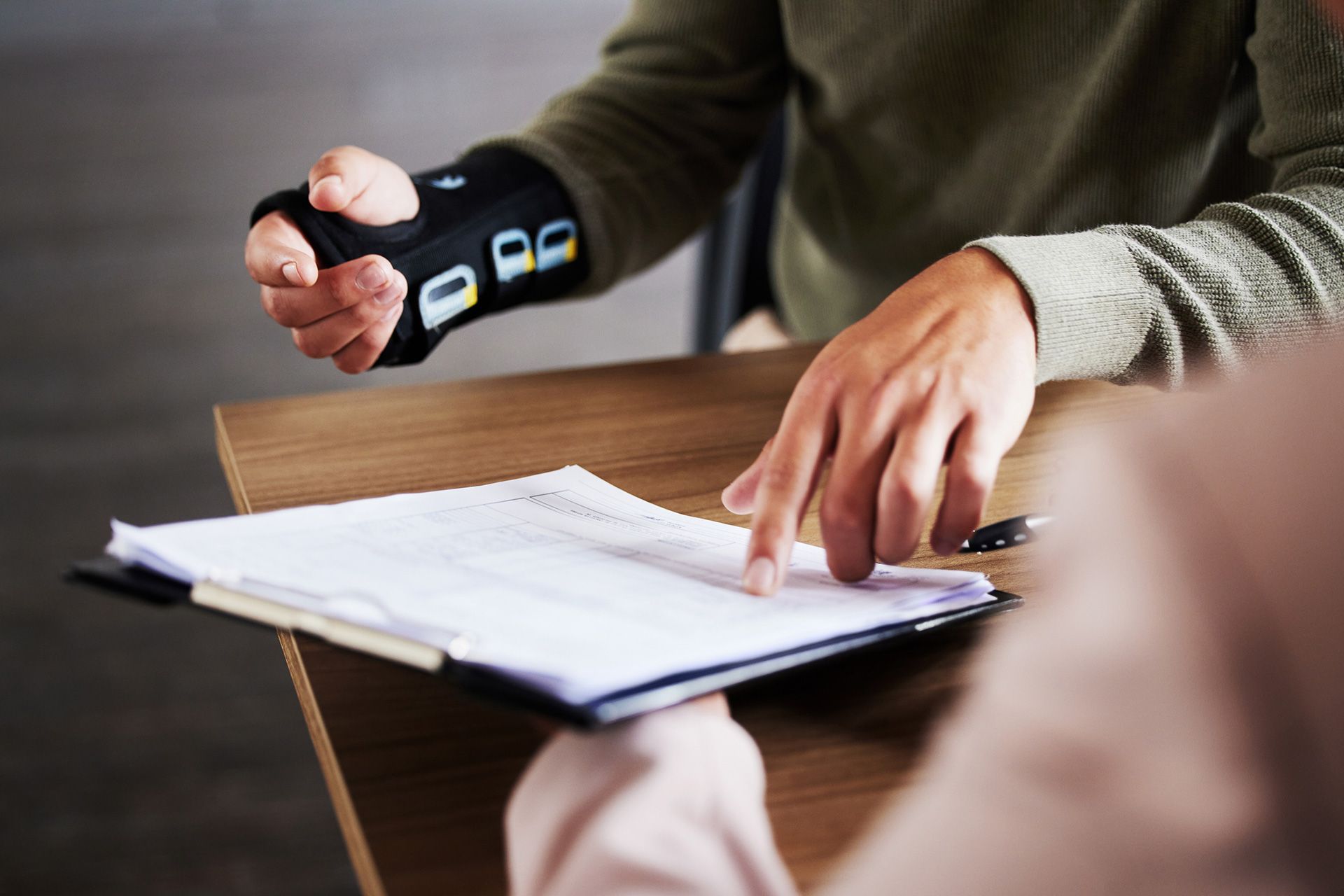The Process Of Vocational Evaluation Explained

If you never participated in a legal case or filed for benefits, you probably had no idea vocational experts even exist. However, functional vocational evaluation is a process that will often be conducted in such settings, and it’s a valuable tool for lawyers in cases where the main focus is on employability.
The findings of vocational evaluation are pretty useful as they can create evidence that may help you substantiate your case, or challenge the opposing party’s claims.
So, let’s go over the process of functional vocational evaluation, and the types of cases in which it’s often necessary.
What Is Vocational Evaluation?
A vocational evaluation is a technique used by vocational experts to assess the employability of a certain individual. During this process, the expert will evaluate the ability of the person to earn income through finding employment.
On a broad spectrum, functional vocational evaluation ascertains whether someone is capable of completing any work. On a smaller scale, it may also provide an outline of the types of work the same individual can perform and the amount of income they can earn in the process.
Main Stages Of Vocational Evaluation
There are multiple steps in the process of functional vocational evaluation an individual may go through
1. Document review
To kick start the process, the expert will review all documents relevant to employability, including job training records, tax returns, work history, resumes, etc.
When filing for disability, this includes medical records as it’s necessary to determine how the medical condition affects the client’s working ability.
2. Interview
Client interview is an important step of functional vocational evaluation, during which the expert will collect additional data about the client’s employment history and experience. This may include the following:
- Past employment
- Level of enjoyment of particular jobs
- Preferred types of work
- How physical limitations impact their ability to work
- Details of any job searches
3. Collateral interviews
To establish a full picture, the expert may conduct interviews with additional parties such as family members, employers, as well as healthcare professionals, and other individuals that can share information on the client’s employability.
4. Vocational testing
Next, standardized tests will be conducted in an effort to evaluate the abilities and aptitudes of the individual. While some tests may go over hard facts such as skills, some serve to offer more information on the personality of the client and their preferred work environment.
5. Assessment of transferable skills
Using all documentation and information collected in interviews, the expert will create an accurate assessment of the client’s skills. Afterward, these findings will determine if there are any areas of work not yet performed by the client that is a match in regards to transferable skills and limitations imposed by their disability.
6. Survey of the job market
By leveraging specialized databases and their own experience, the expert will conduct a survey of the labor market in order to ascertain whether any jobs in the area are available to the client that match their abilities and qualifications.
7. Review of the findings
The expert must then use all the data collected during the evaluation process to make preliminary conclusions about the employability of the client. It may be necessary for the expert to consult the client to ensure accurate conclusions.
8. Report creation
With everything out of the way, the functional vocational evaluation will reach its end once the expert prepares a full report. This report will contain the expert’s opinions about the employability of the client, their likelihood of performing previous jobs, and a list suitable alternative occupations. If relevant to the case, the expert can identify an appropriate wage range that can be earned in the jobs proposed in the report.
Keep in mind if opposing counsel asked you to take part in functional vocational evaluation, the process may go a bit differently.
For instance, the expert may not get the opportunity to interview the client personally, meaning they’ll have to rely on documentation and deposition testimony to reach conclusions on the background of the individual. Similar thing applies to administering vocational tests.
Yet, since vocational experts use the same resources, the opposing party’s expert can perform a job market analysis to ascertain matters surrounding the client’s employability.
In Which Types Of Cases Is Vocational Evaluation Usually Used?
The question of employability is front and center in a wide variety of legal matters.
For instance, if the case involves disability benefits by an insurance company or a government program, vocational evaluation will provide evidence necessary to support disability claims in workers’ comp, and insurance compensation cases.
Furthermore, loss of earning capacity and associated damages are a key aspect of many personal injury cases. As such, vocational evaluation is needed to prove that an injury affects the plaintiff’s ability to earn income.
Similarly, with wrongful termination cases, a vocational expert can help determine damages by analyzing the plaintiff’s ability to find comparable employment in the future.
Vocational evaluation is also a mainstay in divorce, alimony, or
child support proceedings. Because in these cases, awards are largely based on earning capabilities of the spouses, there’s a probability that one of them will decide to forego higher-paying employment to purposefully minimize alimony or child support payments.
Thus, proving this fact through the process of vocational evaluation is often necessary in order to adjust the alimony in regard to the potential rather than the actual earnings of the spouse.
A Scientific Approach To Employment
Functional vocational evaluation provides a true account of an individual’s current and future employability and earning potential. Since it offers a scientific approach to employment, it’s used by many attorneys in various types of court cases.
Occupational Assessment Services, or OAS, has been at the top of the field of
vocational evaluations for over two decades. Our experts have rendered services to clients all over the US - from New Jersey, all the way to Florida.
If your case requires the
best vocational experts money can offer,
feel free to call us at
800-292-1919 and we can discuss details of your case.
Note:
The information in this blog post is for reference only and not legal advice. As such, you should not make legal decisions based on the information in this blog post. Moreover, there is no lawyer-client relationship resulting from this blog post, nor should any such relationship be implied. If you need legal counsel, please consult a lawyer licensed to practice in your jurisdiction.
Disclaimer: The information on this website and blog is for general informational purposes only and is not professional advice. We make no guarantees of accuracy or completeness. We disclaim all liability for errors, omissions, or reliance on this content. Always consult a qualified professional for specific guidance.








